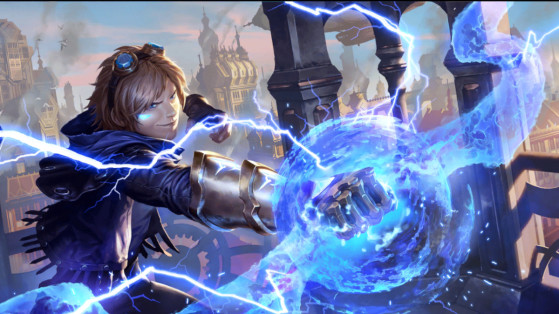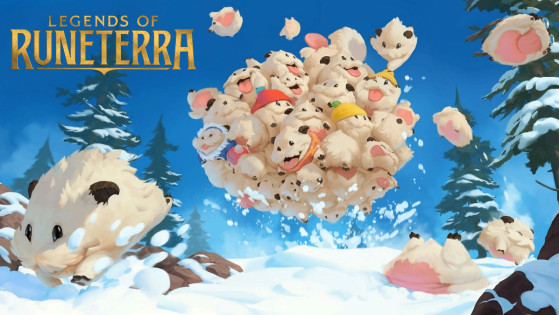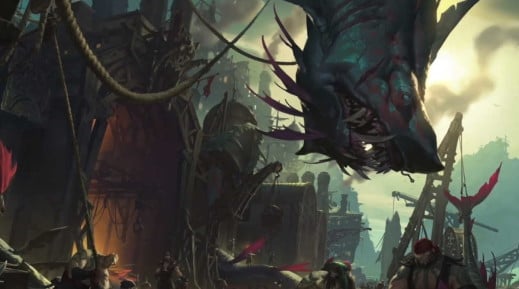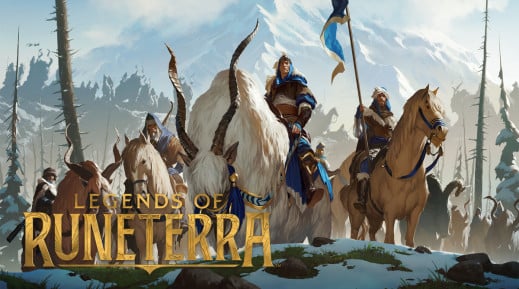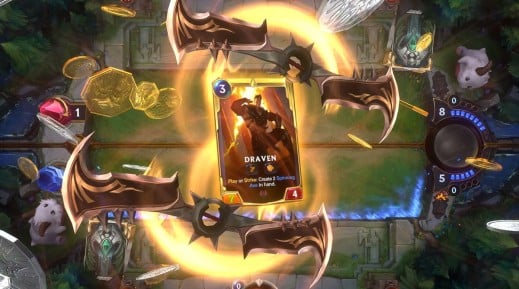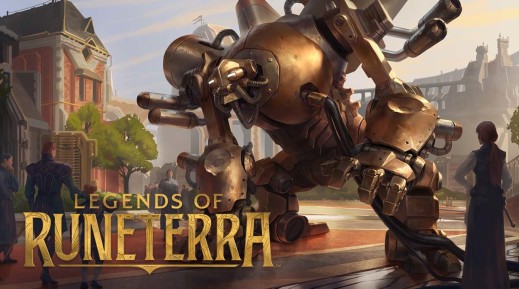It's been a few weeks since Legends of Runeterra was released in open beta. By blending the League of Legends universe with the gameplay of Hearthstone and Magic Arena, it has been able to attract a diverse public, from card game regulars to LoL and TFT players.
As with all online trading card games, the question arose as to what Riot's policy was regarding balance changes on the cards. While it was known that they would be more frequent than in other games of the same kind (Hearthstone changes the cards when they are too powerful, and Magic Arena prefers to ban the most annoying cards) we did not know Riot's policy on whether or not to refund them.
- On Hearthstone, when a card is balanced, you can recover the total dust value of the card (allowing you to create another card of identical cost).
- On Magic Arena, you obtain a joker of the same rarity as the card that was banned, which remains in your collection.
Card balance changes in Legends of Runeterra
Riot has been very innovative in this respect, compared to its competitors. Taking pride in offering the possibility to all players to have a free-to-play experience allowing them to acquire all the cards quite easily, in exchange for time. No random packs of cards to buy to hopefully get THE legendary/mythical card you so desperately hope for.
On Invenglobal, Dillon Buckner, Publishing Manager for Legends of Runeterra, spoke about card balancing in the gaming economy. Although it's always possible that changes may appear in the future, there is no refund plan for cards that will get balanced.
With fairly frequent patches during the beta, LoR is looking for a good rhythm that will balance the game frequently enough to keep the gameplay pleasant and fresh. The changes follow a few basic rules, which are as follows:
- Every champion should have a deck where they're the best fit and their “dream” can be realized.
- Non-champion cards should have at least one deck where they're a good option.
- Regions should have at least one competitively viable deck.
- The meta should support the widest possible array of competitively viable decks.
